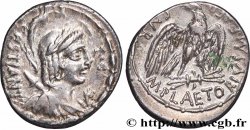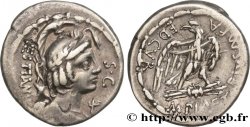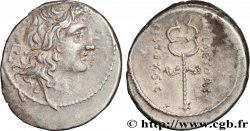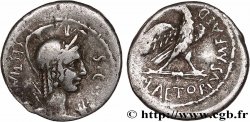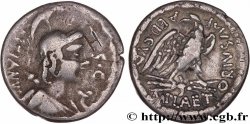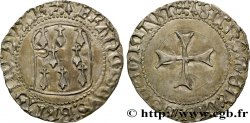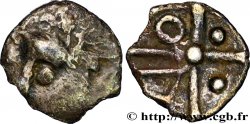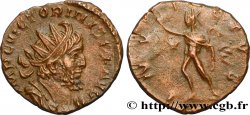E-auction 513-425644 - brm_593987 - PLAETORIA Denier
You must signin and be an approved bidder to bid, LOGIN TO BID. Accounts are subject to approval and the approval process takes place within 48 hours. Do not wait until the day a sale closes to register. Clicking on « bid » constitutes acceptance of the terms of use of cgb.fr private e-auctions.
Bids must be placed in whole Euro amounts only. The sale will start closing at the time stated on the item description; any bids received at the site after the closing time will not be executed. Transmission times may vary and bids could be rejected if you wait until the last second. For further information ckeck the E-auctions F.A.Q.
NO BUYER'S FEE.
NO BUYER'S FEE.
| Estimate : | 60 € |
| Price : | 36 € |
| Maximum bid : | 37 € |
| End of the sale : | 13 February 2023 14:33:00 |
| bidders : | 4 bidders |
Type : Denier
Date: 67 AC.
Mint name / Town : Roma
Metal : silver
Millesimal fineness : 950 ‰
Diameter : 18,5 mm
Orientation dies : 7 h.
Weight : 3,26 g.
Rarity : R1
Coments on the condition:
Usure importante mais monnaie qui reste bien identifiable. Patine grise
Catalogue references :
B.3 (Plaetoria) - BMC/RR.- - CRR.808 (2) - RRC.409 /2 - RSC.4 - RCV.350 (296$) - Sch/ Rep.37 - CMDRR.978 - MRR.1317
Obverse
Obverse legend : CESTIANVS.
Obverse description : Tête tourelée de Cybèle à droite avec la dépouille d’un lion sur l’épaule (griffe) un globe sous le menton ; le tout dans une couronne (stemma).
Obverse translation : “Cestianus”, (Cestianus).
Reverse
Reverse legend : M. PLAETORIVS. AED CVR. EX S.C..
Reverse description : Chaise curule dans une couronne ; fleur (tulipe ?) dans le champ à gauche.
Reverse translation : “Marcus Plætorius Ædilis Curilis ex Senatus Consulto”, (Marcus Plætorius Édile curule avec l’accord du Sénat).
Commentary
Pour ce type, M. Crawford a relevé une estimation de quarante-neuf coins de droit et de cinquante quatre coins de revers.
For this type, Mr. Crawford noted an estimate of forty-nine obverse dies and fifty-four reverse dies
For this type, Mr. Crawford noted an estimate of forty-nine obverse dies and fifty-four reverse dies







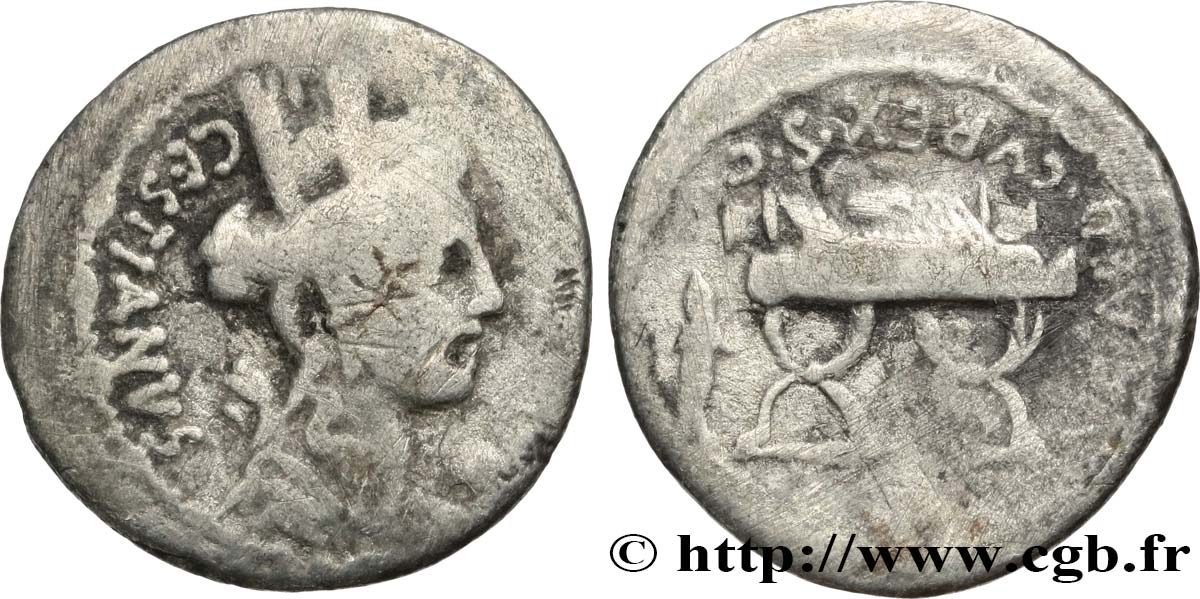
 Report a mistake
Report a mistake Print the page
Print the page Share my selection
Share my selection Ask a question
Ask a question Consign / sell
Consign / sell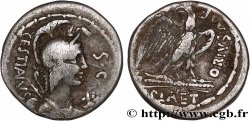
 Full data
Full data